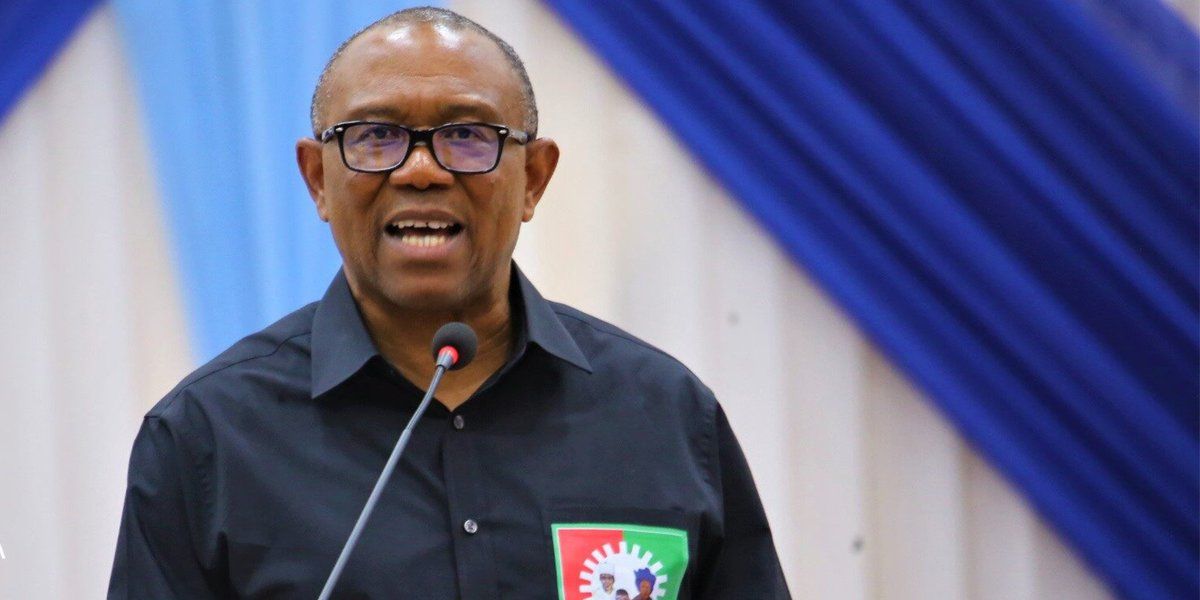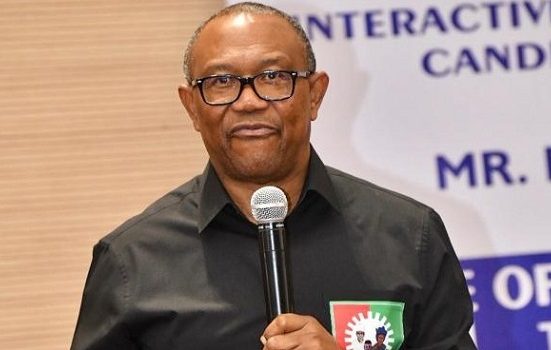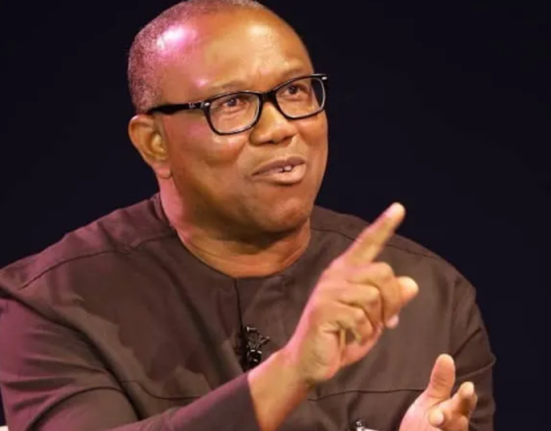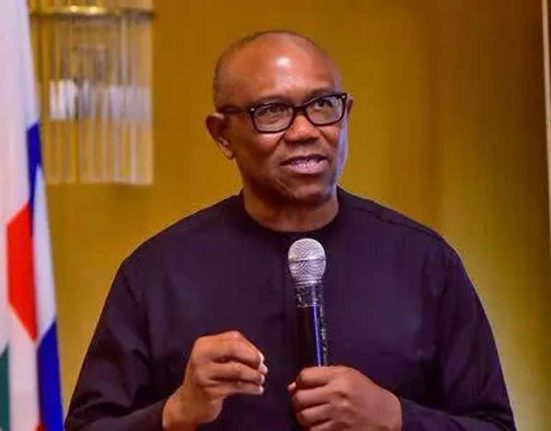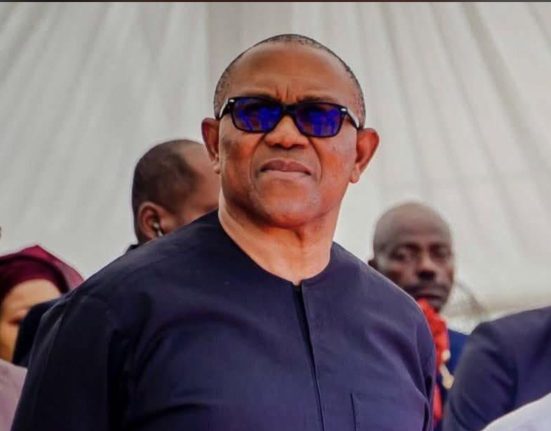In the wake of the recently released 2025 Unified Tertiary Matriculation Examination (UTME) results, former Anambra State Governor and Labour Party’s 2023 presidential flagbearer, Mr. Peter Obi, has expressed deep concern over the glaring underperformance of candidates nationwide. He described the outcome as a clear reflection of the continued deterioration of Nigeria’s educational system, calling for immediate and strategic investments to revive the sector.
Reacting through his verified social media handle, Obi lamented that out of a total of 1,955,069 candidates who sat for the 2025 UTME organised by the Joint Admissions and Matriculation Board (JAMB), only approximately 420,000 managed to score above 200 out of the possible 400 marks. He noted with dismay that this means over 78 percent of the candidates—more than 1.5 million young Nigerians—failed to cross the 200 mark, a development he tagged “deeply troubling.”
According to Obi, such dismal statistics highlight the chronic neglect and underfunding of the education sector by successive governments. He warned that unless urgent steps are taken to reposition education as a critical pillar of national development, the country’s future will remain at risk.
“The results are not just numbers; they are a painful reminder of our failure to prepare the next generation for global competitiveness. Our children are struggling not because they lack potential, but because we have failed to invest in the system that nurtures them,” Obi stated.
Drawing comparisons with other nations, the former governor pointed out that countries like Bangladesh and Turkey—with smaller or comparable populations—have made significant strides in higher education. He revealed that Bangladesh’s National University alone accommodates over 3.4 million students, while Turkey, with a population of about 87.7 million, boasts a university enrollment figure exceeding 7 million—more than triple that of Nigeria.
Obi stressed that Nigeria must begin to treat education not merely as a social service, but as a strategic foundation for economic growth, innovation, and poverty reduction. He insisted that deliberate investments—targeted, consistent, and transparent—are the only path to reversing the current trend and creating opportunities for young Nigerians.
He concluded by urging both federal and state governments to prioritise education as a matter of national emergency. According to him, there can be no meaningful progress or sustainable development without a well-educated population.
“To lift millions out of poverty, to build a functional, productive, and united Nigeria, we must invest in the minds of our people. Education remains the most potent tool for transformation, and we cannot afford to continue paying lip service to it,” Obi declared.

